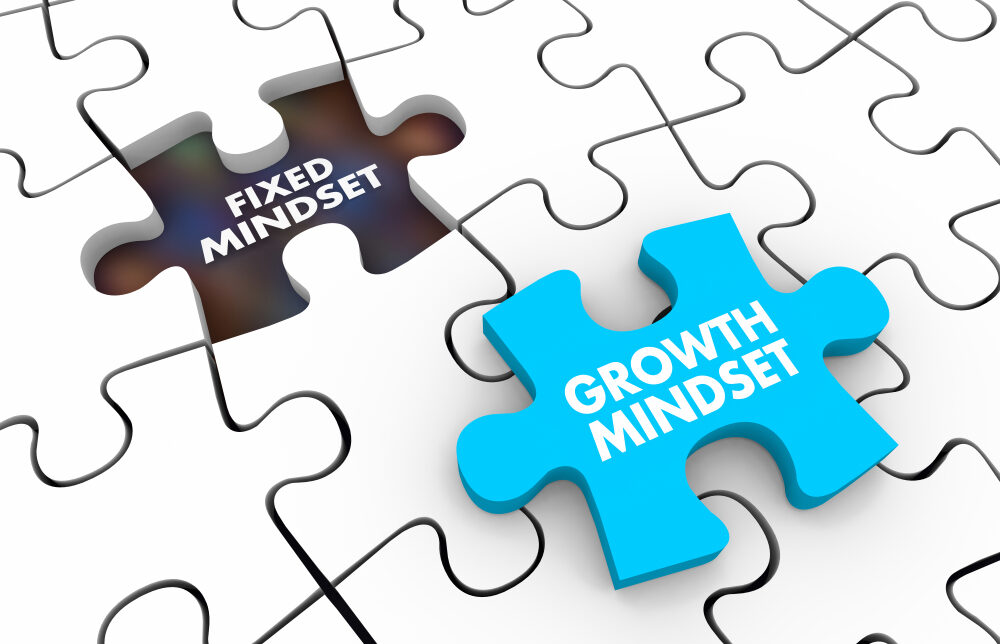
Did you know that more than anything else your mindset dictates your level of satisfaction in life?
In her book Mindset: The New Psychology of Success Stanford psychologist Carol Dweck talks about how anyone can cultivate a growth mindset at any point in life.
If you have a fixed mindset, you believe that intelligence is fixed, which leads to a tendency of giving up easily and avoiding challenges. If you have a growth mindset, you believe that intelligence can be developed, so you embrace challenges, learn from criticism and persist when things get tough.
Change is always hard, but it's certainly worth the short-term pain and especially helpful when you have a sense of purpose. But even working towards the goal of accomplishing something important to you and that you couldn't imagine not doing is almost never a linear process. And that's completely normal.
The good news is that research on neuroplasticity, which is the brain's ability to adapt to a changing environment, tells us that we can build new neural connections by challenging ourselves to learn new things, essentially by "exercising" our brain. As a result, we can create the possibility of enhancing our performance and exceling in any area that we choose.
Here is a short list of what you do to grow your mindset:
See everything as a learning experience
As difficult as it may be at times, be open to learning whatever you can about your experience. Pay close attention to the information that situation is showing you and use it to propel yourself forward. When you get discouraged remember everything is temporary and be assured that difficult moment will pass.
Think "glass half-full" instead of "glass half-empty"
Highlighting the positives goes a long way. There's always something meaningful and constructive can extract from a situation, a "silver lining" or a "blessing in disguise." It may be impossible to see it at the time, but pause to remind yourself of that. It helps to know that you may be learning something invaluable that you can apply moving forward.
Accept your imperfections
We're all imperfect and we all have relative strengths and weaknesses. It can be helpful to know that this applies to every single human being and it's not a question of character. Your weaknesses don't define who you are. It's a matter of how you perceive them and the meaning you apply to them.
Be mindful of your self-talk
When you find your thoughts to be pessimistic or negative, replace them with more positive and optimistic ones. Remember, we bring about what we think about, so next time you think, "I can't do this" counter it with, "what resources do I have and what can I do?" And replace the word "failing" with "learning."
Adjust your expectations
When things aren't going as planned it doesn't mean you've failed. When you see failure as an end to a process, you throw your power away and become a victim and that's just not necessary. You probably already know this from experience, but sometimes the best ideas and results come about during times when we struggle and are having difficulty. Be open to all possibilities.
Tell yourself "not yet" instead of "why not now?"
Dweck says using the words "not yet" indicates that you're on a learning curve and creates a sense of hope.
So, the world is our classroom. That's why we're here, to learn. Keep the growth mindset in your thoughts and use it when you're ready.
Want the free mindfulness guide?
Click here to get it now!
